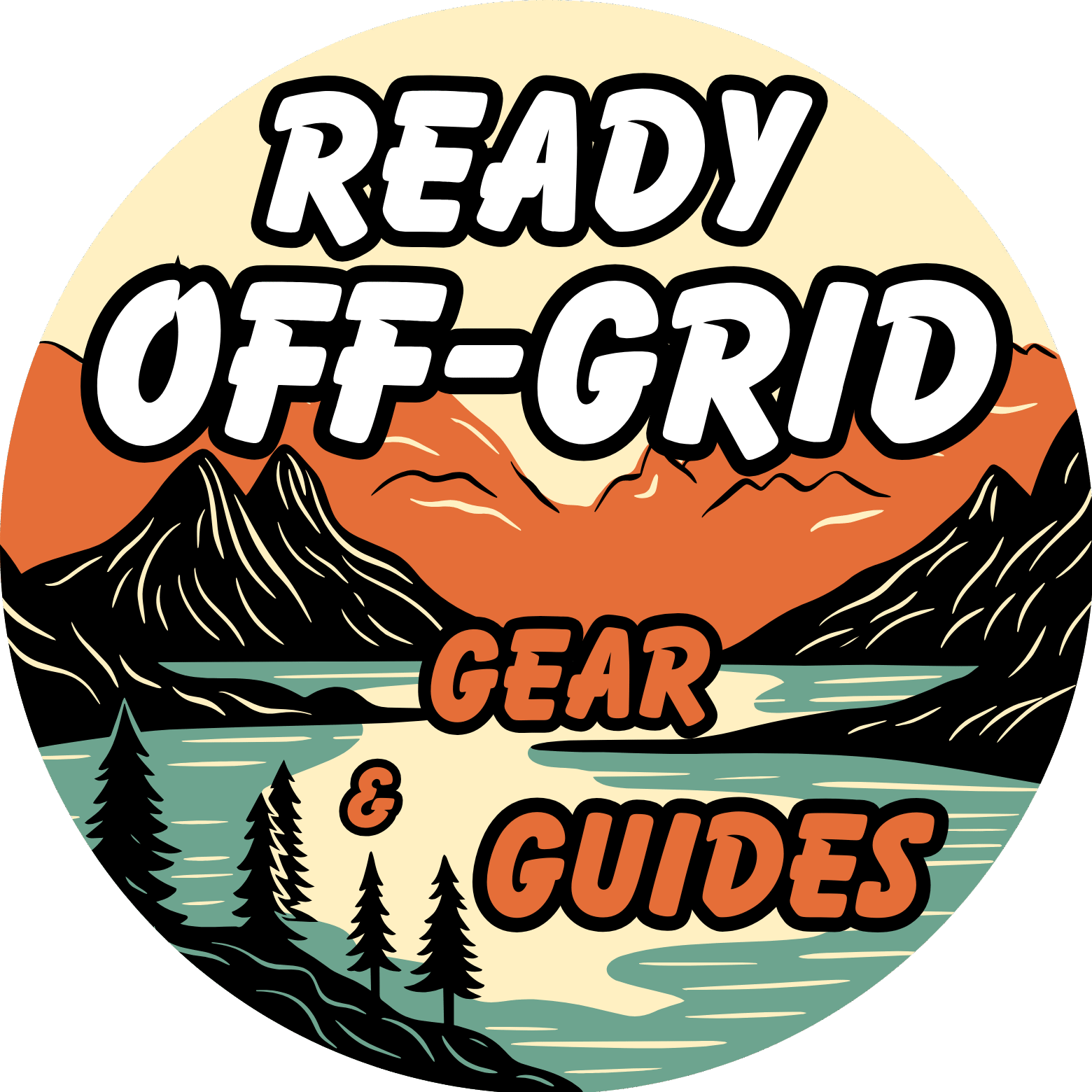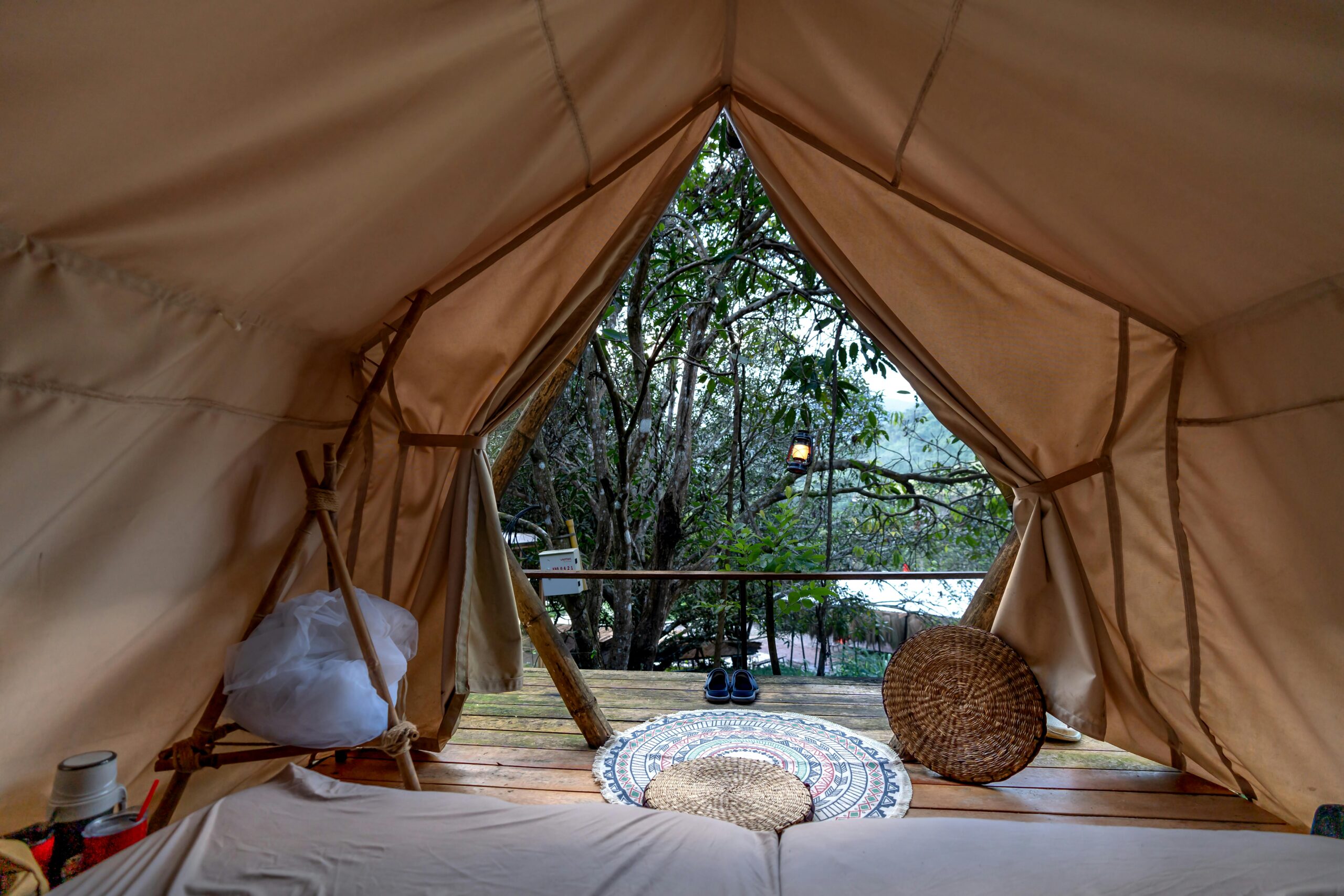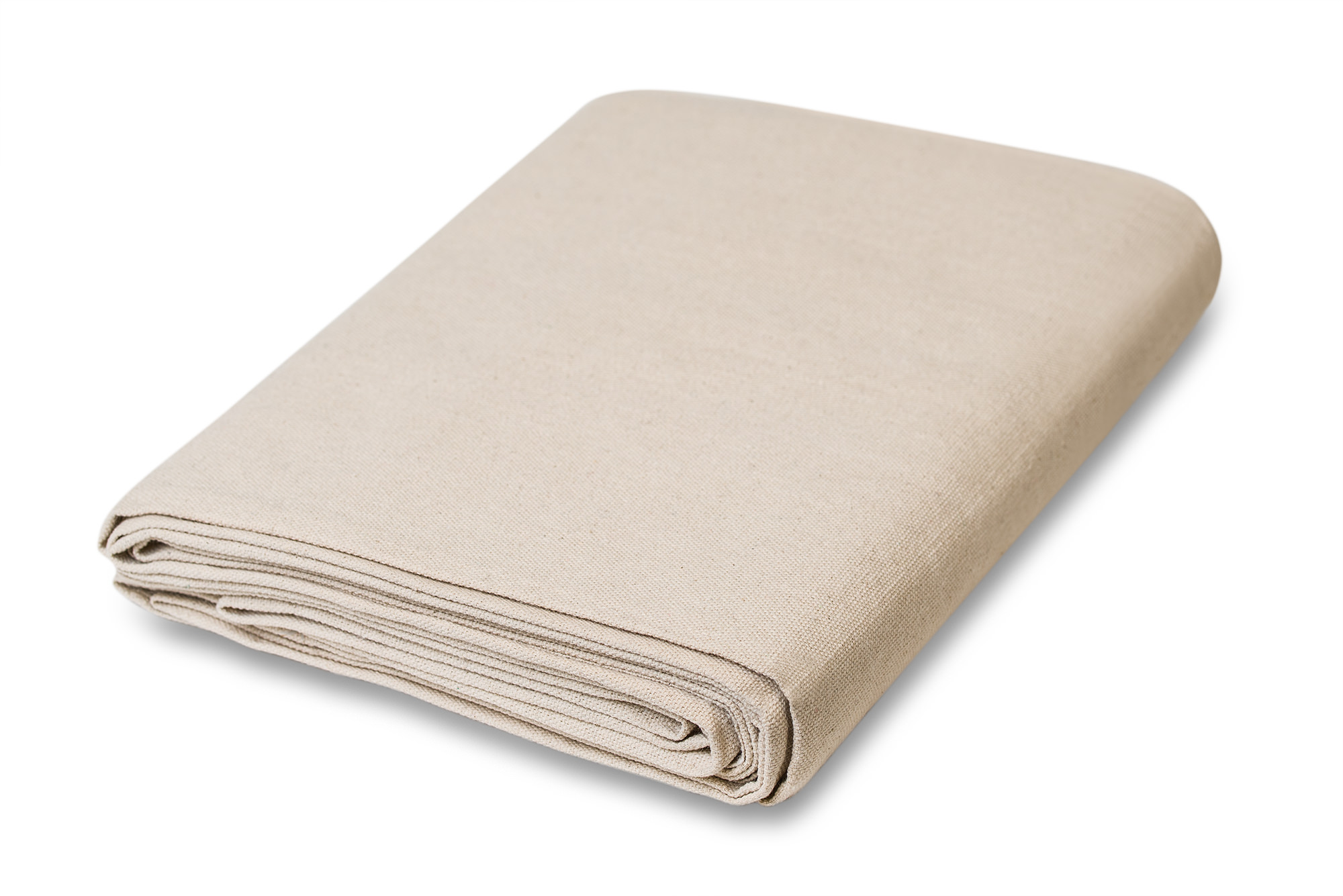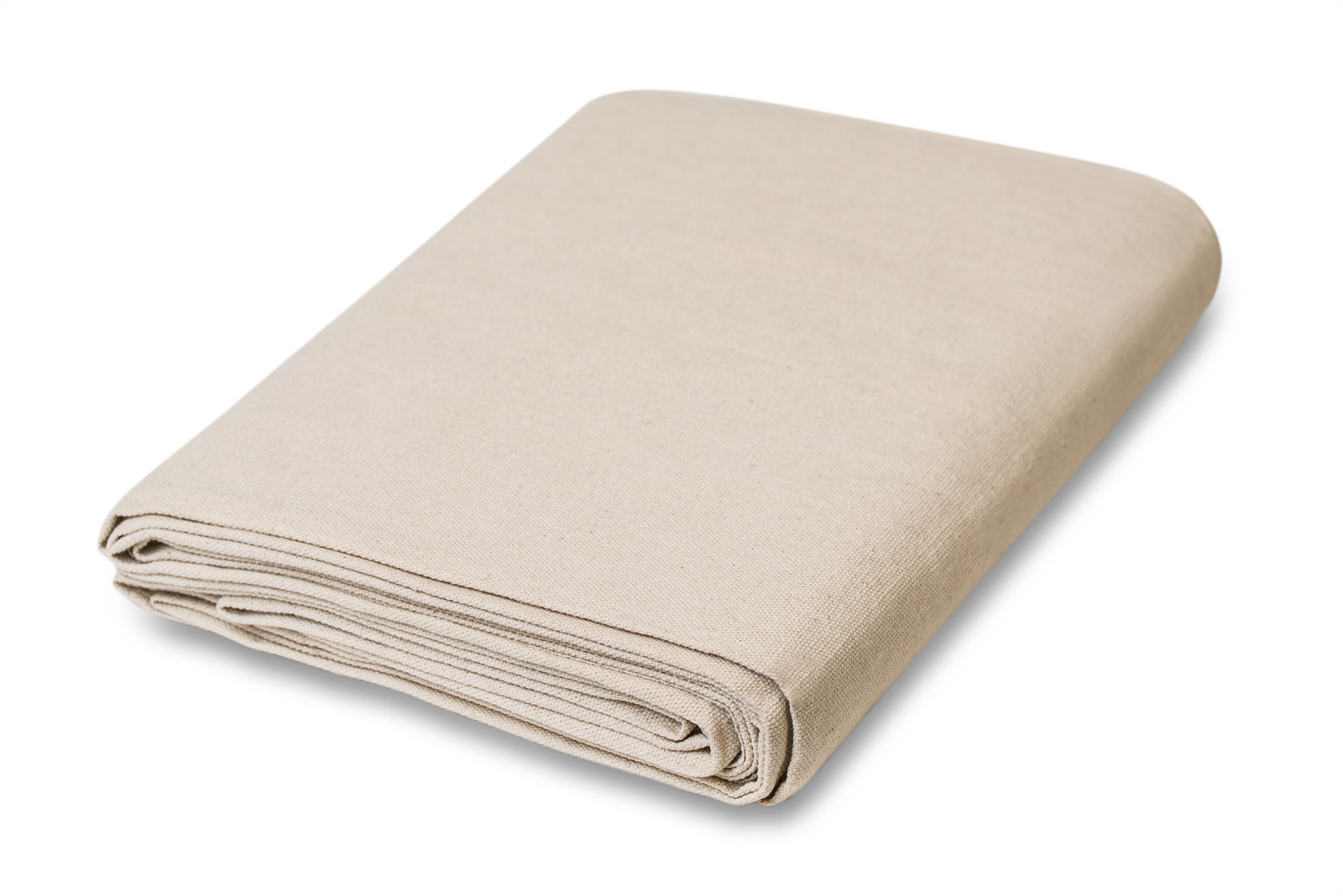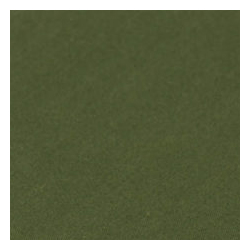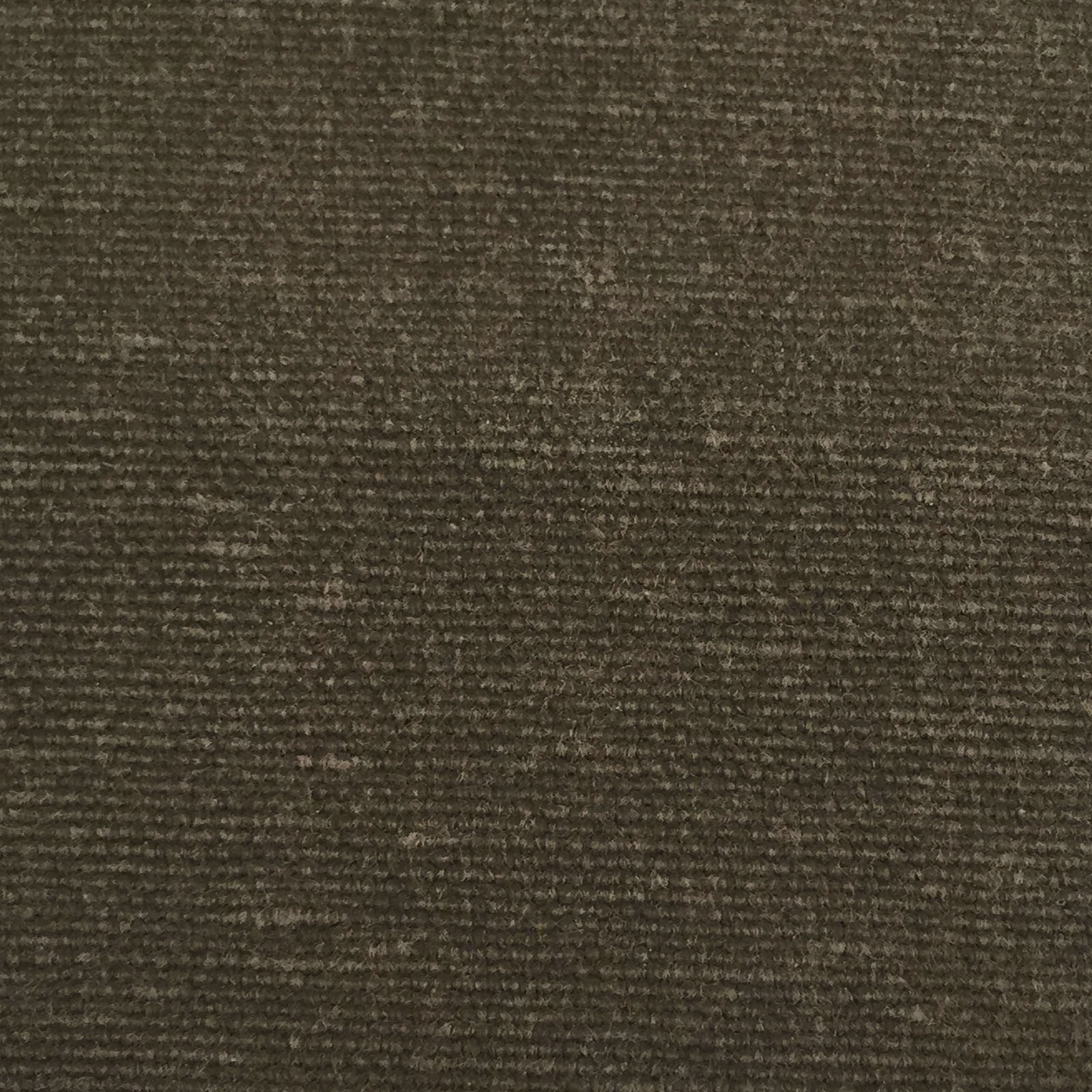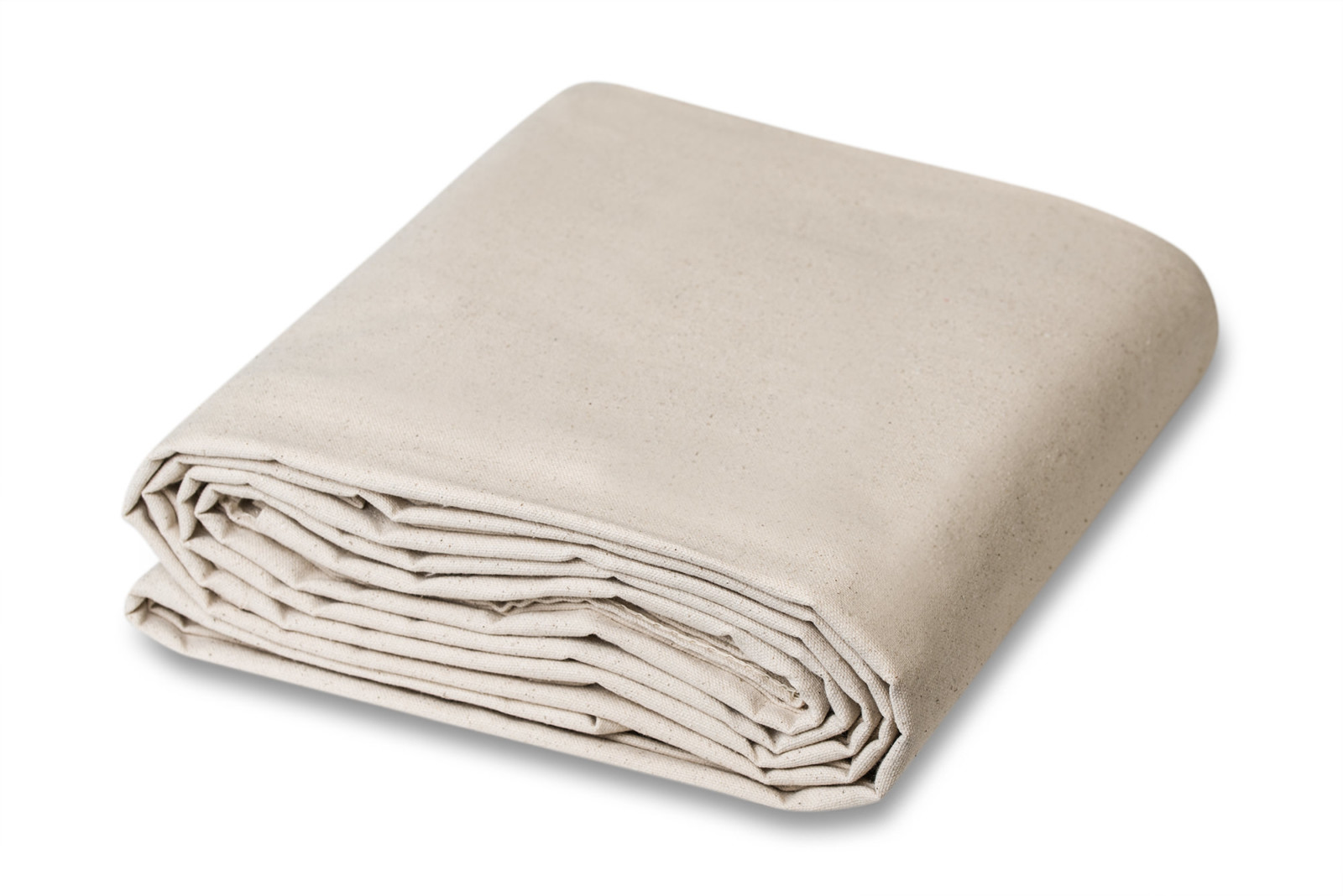Best Heavy-Duty Canvas Tarps (Buyer’s Guide 2025)
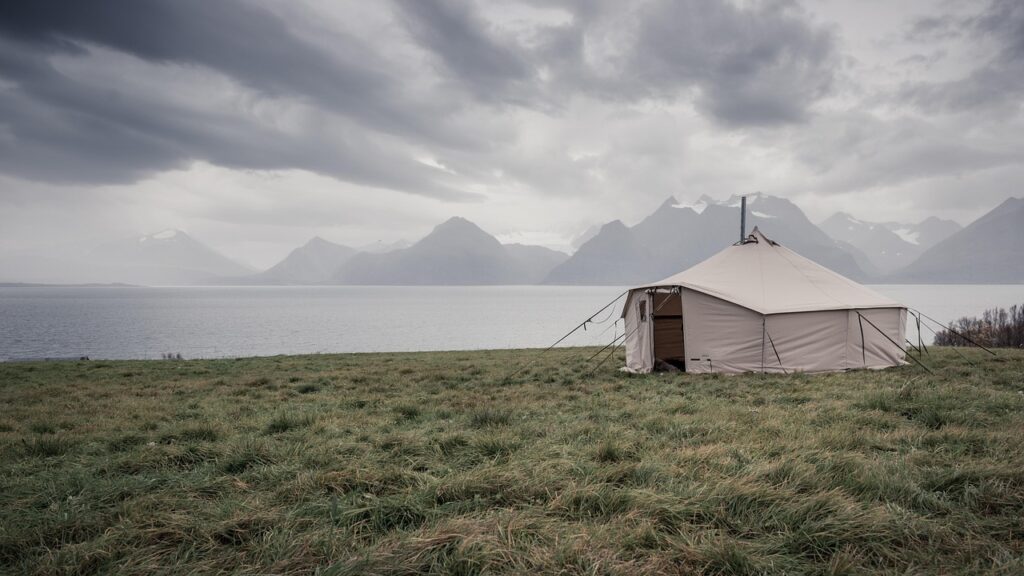
Cheap poly tarps disintegrate in six months. Chicago Canvas delivers industrial-grade canvas and polyester that actually lasts for years of outdoor shelter use—from temporary workshops to semi-permanent structure roofing.
Five materials. Different weights and applications. This guide breaks down which tarp fits your shelter project—so you pick the right durability the first time.
| MATERIAL | WEIGHT | BEST FOR | PRICE / YARD |
|---|---|---|---|
| Duck Cloth | 18 oz | Permanent Structures | $15.95 |
| Economy Canvas | 7 oz | Temporary Covers | $5.95 |
| Iron Horse Polyester | 15 oz | Waterproof Protection | $17.95 |
| Treated Canvas Roll | 16-18 oz | Large Projects (25-100 yd) | $240-$1,196 |
| Extra-Wide Canvas | 9 oz | Seamless Coverage (14'-32' wide) | $65.95 (5 yd min) |
Quick Answer: Duck Cloth 18 oz ($15.95/yd) for most permanent structures unless you need waterproofing (Iron Horse Polyester) or budget temporary covers (Economy Canvas).
Best For: Semi-permanent shelter walls, heavy equipment covers, pole barn sidewalls. #8 duck weave resists rips from any direction.
Key Specs: 18 oz weight, tight duck weave, natural cream color, available in 25-50 yard rolls. Untreated (add your own treatment).
Verdict: Maximum durability in cotton canvas—handles years of UV and wind stress without tearing.
Best For: Temporary work area covers, dropcloth applications, light windbreaks. Half the cost of heavy duck cloth.
Key Specs: 7 oz weight, 6' width, natural off-white, 5-yard minimum. 100% cotton at $5.95/yard.
Verdict: Budget-friendly for temporary applications—not for permanent outdoor structures.
Best For: 100% waterproof roofing, awnings, canopies, boat covers, truck covers, outdoor furniture covers, shade structure, vehicle covers and protecting building materials. Twice as strong as cotton canvas, lighter weight.
Key Specs: 15 oz silicone-treated polyester, 60" width, breathable despite waterproof, 7 colors, 5-yard minimum.
Verdict: Only option for guaranteed moisture protection—not water-resistant, actually waterproof.
Best For: Homestead projects needing 25-100 yards. Water/mildew-resistant treatment lasts years outdoors.
Key Specs: 16-18 oz weight, 5'-6' widths, multiple colors, flame retardant available. 100-yard roll = 600 sq ft coverage.
Verdict: Best per-yard pricing for covering multiple structures, woodpiles, or temporary carports during cabin construction.
Best For: Greenhouse roofing, wide structures (14'-32' widths eliminate seams entirely). Lighter 9 oz makes hoisting easier.
Key Specs: Widths up to 32'9", flame retardant available, natural or white colors. Custom quotes based on dimensions.
Verdict: Every seam = leak point. Extra-wide eliminates seams for greenhouses and large shelter roofs.
The Verdict
🏆 Best Overall: Duck Cloth 18 oz ($15.95/yd) – Maximum durability for permanent structures
💰 Best Budget: Economy Canvas ($5.95/yd) – Temporary covers and dropcloth use
💧 Best Waterproof: Iron Horse Polyester ($17.95/yd) – Guaranteed moisture protection
Frequently Asked Questions
Q: Canvas vs. polyester—which material?
Canvas breathes (reduces condensation), ideal for wood storage and semi-permanent structures. Polyester is 100% waterproof and twice as strong—best for vehicles, equipment, and critical moisture protection.
Q: How long does treated canvas last outdoors?
16-18 oz treated canvas lasts 5-10 years with UV exposure. Untreated canvas degrades faster. Iron Horse polyester outlasts canvas by 2-3x in harsh conditions.
Q: What weight canvas for permanent shelter?
18 oz minimum for permanent outdoor structures. 7-11 oz for temporary use. 16 oz treated canvas acceptable for covered applications like pole barn roofing.
Pair your shelter with reliable solar generators for power and water storage tanks for complete off-grid setup.
Affiliate Disclosure: We earn commissions when you purchase through our links (Amazon Associates, AWIN, CJ Affiliate) at no extra cost to you. Our recommendations are based on research, not commission rates.
*Prices current as of publish date and subject to change.
